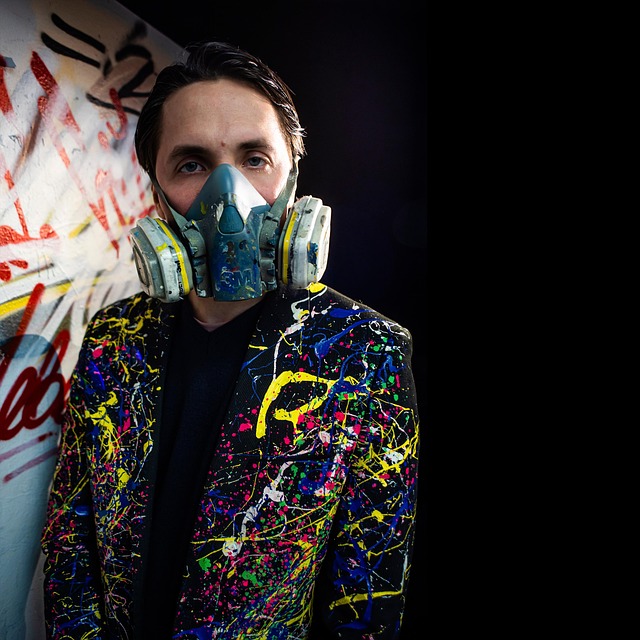In the realm of philosophical discussions, few movements provoke as much intrigue and self-reflection as existentialism. Coupled with the artistic movement of surrealism, we find ourselves at the intersection of human experience and the chaotic nature of existence. The beauty of surrealism lies in its ability to transcend ordinary perception, inviting us to explore the layers of reality that are often obscured by societal norms and rational thought.
At its core, existentialism grapples with the questions of freedom, choice, and the inherent absurdity of life. These themes resonate profoundly in the field of science, where empirical evidence often clashes with the subjective nature of human experience. Just as surrealist artists like Salvador Dalí and René Magritte sought to depict the unconscious mind through bizarre and dreamlike imagery, existentialist thinkers such as Jean-Paul Sartre and Albert Camus challenged us to confront the absurdity of our existence. They urged us to embrace life, understanding that meaning is not preordained but rather created through our actions and choices.
Science serves as a fascinating backdrop to this discussion, as it attempts to explain the universe through observation and experimentation. However, the realm of modern philosophy pushes back against the rigid confines of scientific reasoning, suggesting that human experience is not easily quantifiable. Just as surrealism bends reality to manifest deeper truths, existentialism reveals the complexity of human emotion and the struggle for authentic existence. Are we merely products of a mechanistic universe, or do we possess the power to shape our destiny in an indifferent world?
As we navigate the interplay between science and modern philosophy, we begin to see how surrealism embodies our quest for understanding. It encourages us to challenge our perception of reality, pushing us to confront the mysterious forces that shape our lives. Within these dreamlike landscapes, we find reflections of our fears, desires, and the absurdity that permeates the human condition.
The existential journey, much like the surrealist experience, requires us to delve into the unknown. It invites us to embrace discomfort, to revel in the inexplicable, and to question the very nature of existence. The synergy between these two movements inspires a deeper introspection, connecting us to the raw essence of humanity and igniting our creativity.
The exploration of surrealism within the context of existentialism reveals not only the complexities of our individual experiences but also the universal threads that bind us together. Whether through the lens of science or the musings of modern philosophers, we are reminded that the pursuit of understanding is a deeply personal and often surreal journey.




